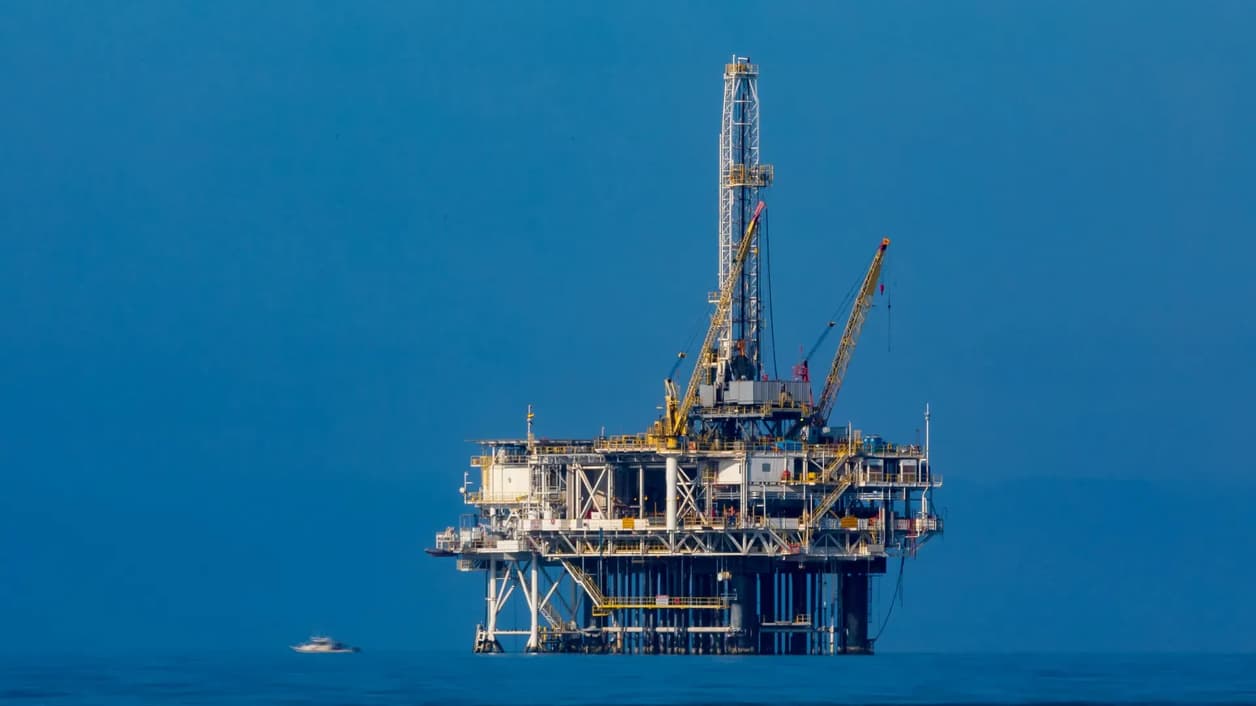
Only one week ago, President Trump signaled he was close to a deal to end Iran’s nuclear ambitions, but now Israel’s decision to attack Iran highlights the limits of US power and threatens to upend the Middle East even further.
It creates an open ended risk for markets and in particular oil, as well as infrastructure in the region. From a private assets point of view it is a reminder that defence in particular, as well as energy and infrastructure, will be leading investment thematics.
While Trump insisted he was aware of Israel’s attack plans, the lukewarm initial US reactions suggest the president still hoped to extend negotiations, but Israel’s attack implicates the US in this conflict.
Investors should expect volatility
As we write, the short-run economic risks are that the missile exchanges between Israel and Iran damage energy infrastructure or trigger a blockade of oil through the Straits of Hormuz. Plentiful Saudi production should keep prices from spiking, but investors should expect volatility with every worrying headline. The immediate geopolitical risks are that attacks on US military or business installations might force the United States to join in the attacks on Iran.
From a geopolitical point of view the risk for Israel is that it is not successful in destroying the Iranian nuclear program, and that Iran now races to complete this. In addition, the position of China and Russia, both closest allies of Iran, adds complexity to the situation.
Defence spending comes into focus
The attack will focus investors’ minds on the reality that there are now two major conflicts at the borders of Europe, and with the NATO summit occurring in a week, defence spending comes into focus. We see this contributing to a structural trend in Europe and the US, not just in aerospace/space/drones, but also in the uses of AI in the military context. We note that the Israeli attack is also a reminder of the value of energy infrastructure, where Europe has some catching up to do.




